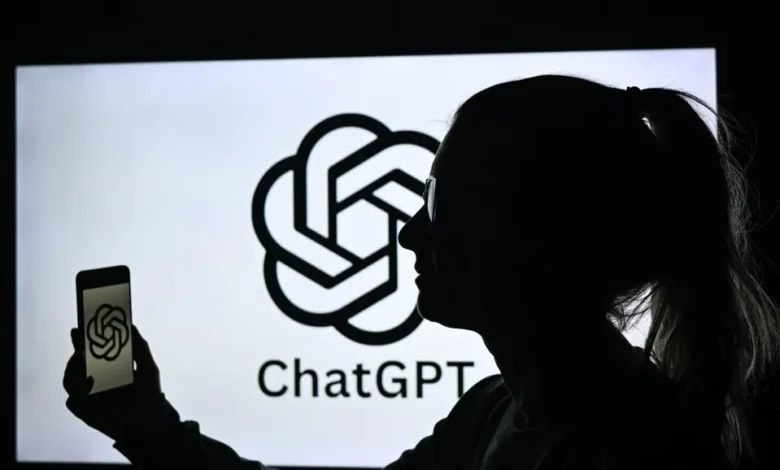
When ChatGPT first exploded onto the scene in late 2022, it carried a familiar tech stereotype: another shiny new tool for the guys. Early adoption was overwhelmingly male — nearly 80% of its first wave of users had “masculine” names, according to new research from OpenAI. It was mainly because, in those early GPT days, the use cases were heavily on technical skills like coding, gaming, and productivity hacks. Three years later, the story has flipped, according to the study, women now make up 52% of ChatGPT’s user base.
The data, drawn from 1.5 million anonymized conversations and published as a working paper by OpenAI’s research team and Harvard economist David Deming, shows that ChatGPT is no longer just a niche productivity or coding tool — it has become a mainstream digital assistant that millions of women use daily for work, education, and personal life.
Breaking the tech stereotype
The shift is significant. For decades, early adoption of new technologies — from video games to blockchain — were dominantly male. This fueled the stereotype of tech being a “boys’ club.” ChatGPT’s evolution challenges that pattern. Its accessibility, versatility, and usefulness in everyday life have helped it cross the gender divide faster than almost any digital tool before it.
While males initially drove usage around coding and other technical applications, females have found value in a different set of strengths: wellness, planning, personal guidance, and communication. These tasks are less about technical prowess and more about productivity, creativity, and everyday decision-making — areas where AI can quietly save time and add value.
What women use ChatGPT for
The study found that around 75% of conversations with ChatGPT focus on practical guidance, writing, or seeking information. Within this, women tend to lean on the AI for tasks such as drafting and editing emails or professional documents, generating ideas for social media posts or content creation, seeking advice on schoolwork, fitness, or wellness, and using ChatGPT as a brainstorming partner for personal projects.
This shift shows how generative AI is broadening beyond technical niches and embedding itself in everyday problem-solving. Instead of asking ChatGPT to debug code, more users are asking it to help draft a birthday speech, plan a workout routine, or polish a presentation.
From advisor to digital companion
Interestingly, the study categorizes ChatGPT interactions into three patterns: Asking (49%), Doing (40%), and Expressing (11%). The “Asking” category — where users seek advice or judgment rather than just output — is the fastest-growing. This aligns with the growing female user base, which values ChatGPT not only as a tool but as an advisor. In fact, OpenAI says consumers employ the chatbot for non-work tasks most of the time, 70% of usage, while work-related chores account for 30% of usage. Based on this new revelation, its makes even more sense why OpenAI is adding parental controls on ChatGPT to protect underage users from a harmful AI companion advice.
For example, rather than telling ChatGPT, “Write me a business plan,” a user might ask, “What’s the best way to balance a side hustle with a full-time job?” This shows a deeper reliance on AI as a source of guidance and decision support, not just automation.
Why it matters
The rise of women as the majority user group has broader implications. It signals that AI has matured from an experimental toy to a mainstream utility. It also highlights how quickly AI adoption can cross demographic barriers, something that took much longer for previous tech waves.
Additionally, companies building AI-powered products or services can no longer assume a male-first audience. The consumer market is diverse, and women are shaping how these tools evolve. Their everyday use cases — from work communication to personal wellness — could drive the next wave of AI applications and startups.





